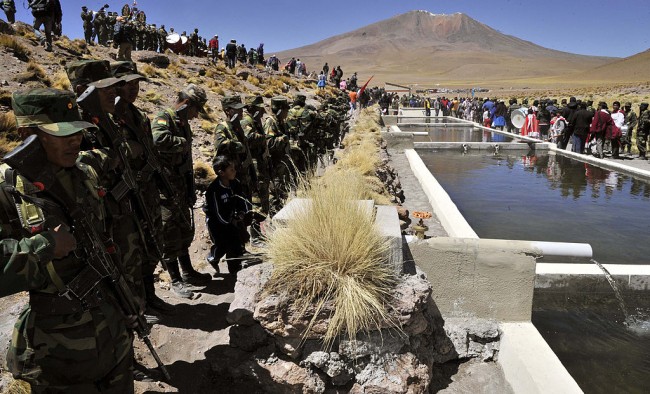Chile-Bolivia River Dispute: No Ruling Issued By ICJ

The Facts
On Thursday, the International Court of Justice (ICJ) refrained from issuing a judgment in a climate-fueled dispute between Chile and Bolivia over the Silala River, citing that the Latin American neighbors have already agreed on how the water should be managed.
"It is an international watercourse, as both parties now agree," the Hague-based UN court said, adding the international law applies to both "naturally flowing" and "artificially enhanced" surface flow on the river.
The Spin
Narrative A
With global climate change causing severe scarcity of freshwater, the agreement creates a win-win for millions of vulnerable people. By mutually resolving the controversy, the two neighbors have not only successfully opened the river for use, but also demonstrated an exemplar model of international cooperation.
Narrative B
The ICJ's so-called decision has no real binding force. Bolivia and Chile have been at odds for decades, and historical friction and lack of diplomatic relations may weaken the cooperation in no time. Further, massive droughts on both sides of the border could potentially hinder adroit management of the River in the long run. While the resolution is undoubtedly a positive outcome, it's only the first step in repairing relations between the two nations.